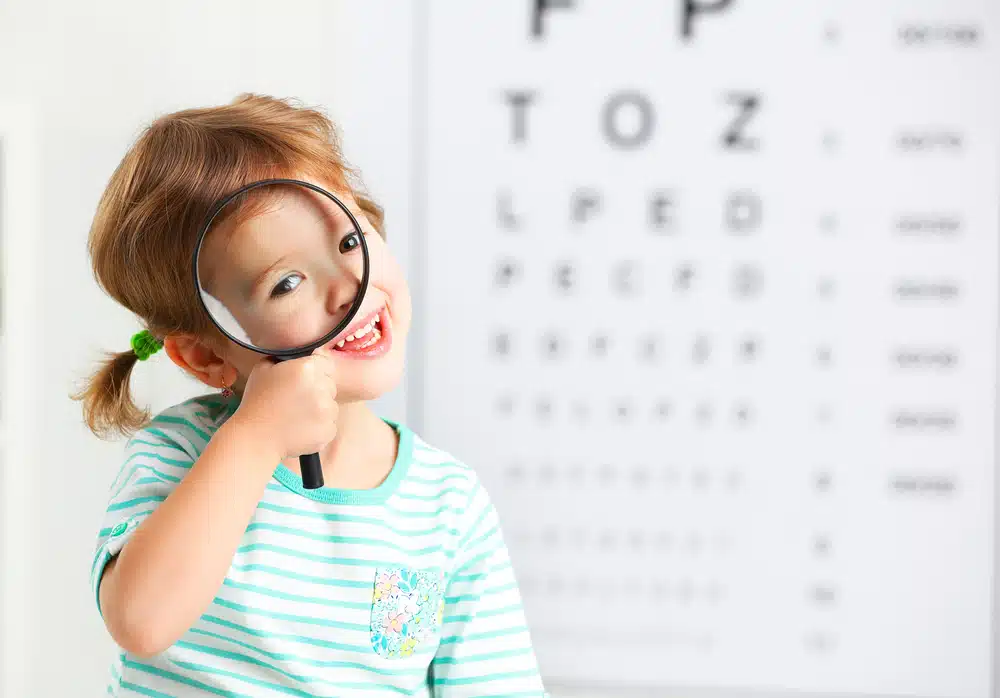As a first-time parent, there are countless things to keep in mind when it comes to your baby’s health and well-being. One crucial aspect that you shouldn’t overlook is their eye health. Good vision is vital for a child’s development and learning, so it’s essential to be aware of common eye conditions in infants and take steps to promote eye health from an early age. Let’s explore this in more detail.
Common Eye Conditions in Infants
It’s natural to worry about your little one’s health. The following are some of the most common eye conditions in infants:
- Blocked tear ducts: If you notice your baby’s eyes are excessively watery or have discharge, they may have a blocked tear duct. This can lead to inflammation and infection. Fortunately, this condition often resolves on its own. In the meantime, you can relieve the symptoms by gently massaging the area using a warm compress.
- Conjunctivitis: Also known as pink eye, conjunctivitis is an inflammation of the thin, clear tissue covering the eye’s white part. Bacteria, viruses, or allergies can cause pink eye — and it’s highly contagious. Treatment depends on the cause of the infection and may include antibiotics or ointment.
- Strabismus: This is a condition in which the eyes do not align properly, which can cause double vision, poor depth perception, and eye strain. Strabismus can be present at birth or develop later in infancy or childhood. Treatment may include glasses, eye patches, or surgery.
Tips for Promoting Infant Eye Health
We get it — you want to give your little one the best possible start in life, including promoting their eye health. Here are some tips to help their eyes develop properly:
- Ensure proper nutrition
- Protect their eyes from UV rays
- Encourage visual stimulation (e.g., colourful toys, contrasting images, and faces)
Baby’s First Eye Exam
Eye exams are an essential part of preventative healthcare for infants and can help identify potential vision problems early on. Here’s what you need to know about scheduling their first eye exam:
- Infants should have their first comprehensive eye exam between six and twelve months old.
- During the exam, the optometrist will check your baby’s movement, alignment, and overall eye health. They may use lights or toys to get your little one’s reaction.
- Depending on the exam results, your optometrist may recommend follow-up appointments to monitor their eye health.
Your baby’s vision is precious. Make sure it’s developing correctly with an eye exam at Laurier Optical. Schedule your appointment today.
